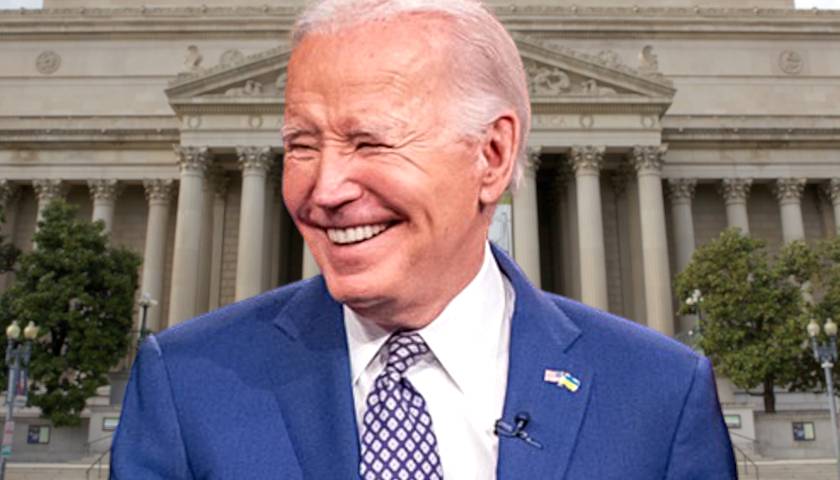by Scott McClallen
First, COVID-19 disrupted classes in 2020, and now it’s teachers keeping kids out of class in 2022.
More than 29,000 Minneapolis students couldn’t attend class Monday as a teachers’ union strike entered its 10th school day.
The striking teachers are seeking a “living wage,” smaller class sizes, and “safe and stable schools.”
The strike began March 8 with the Minneapolis Federation of Teachers (MFT) and Education Support Professionals (ESP) saying the groups were demanding “a living wage” for ESPs, smaller class sizes, and “safe and stable schools,” the union posted on Facebook.
In a video posted on Facebook page Sunday, union officials said they want ESPs to have a minimum $35,000 annual salary.
Teacher Chapter President Greta Callahan said parties have been negotiating.
“This contract needs to get settled,” Callahan said. “We want kids back in school and it feels like we are the only ones acting like that right now.”
Average teacher salaries in St. Paul are $85,000, compared to the average Minneapolis Public Schools (MPS) teacher salary of $71,535.
World Population Review says the average Minnesota teacher makes $59,221.
The Sahan Journal reported that despite the high teacher salary, raises for the Minneapolis district have lagged in recent years.
MPS said it shared its “last, best, and final” offer on Sunday that includes: 2% cost of living increases, with up to 12% raises for new teachers, in year one of the contract and 2% increases for all in the second year.
- Increase starting wages for 85% of current ESPs to $23 per hour or more, bringing most full-time ESPs close to $35,000 annually.
- Increase wages over two years between 8.2% and 34.6% (depending on job classification), with an average increase of 15.6%.
- Move the lowest-paid ESPs from $15.45 per hour to $18 per hour.
- Pay ESPs $6,000 in bonuses ($3,000 in each of the next 2 years).
- $3.5 million to additional hours for ESPs.
- Four additional paid duty days for professional development.
“We know that our students want to be back in school with their teachers and ESPs and our staff desperately want to see our students,” Minneapolis School Board Chair Kim Ellison said in a video. “We believe this is the fastest way possible to get our students back to school.”
The proposal would cost $9.3 million in the first year and $13.4 million in the second.
“MPS is reaching beyond its financial means on behalf of our ESPs and will need to make more than $10 million in reductions for the next school year as a result,” the MPS website says.
“We’ll be back out on the line tomorrow fighting for safe and stable schools!” the MFT tweeted Sunday.
The state’s education funding formula is based on enrollment, which has declined at MPS from 32,732 in 2019 to in 2022, 29,100.
The school doesn’t have data on where the roughly 3,632 kids who left went, MPS media coordinator Crystina Lugo-Beach told The Center Square in an email.
MPS said all pre-K through 12th classes would be canceled “for the duration of the strike.” Axios reported that the district is facing a a $21.5 million budget deficit for the 2022-2023 fiscal year.
– – –
Scott McClallen is a staff writer covering Michigan and Minnesota for The Center Square. A graduate of Hillsdale College, his work has appeared on Forbes.com and FEE.org. Previously, he worked as a financial analyst at Pepsi.
Photo “Minneapolis Public Schools” by Minneapolis Public Schools.




